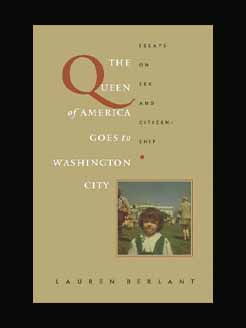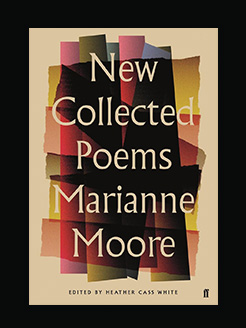Published in 2017
109 pages
Debora Greger (b. 1949) is an American poet and visual artist. Greger was raised in Richland, Washington. She attended the University of Washington and then the Iowa Writers’ Workshop. Greger then went on to hold fellowships at the Fine Arts Work Center in Provincetown and at Harvard University’s Radcliffe Institute for Advanced Study. She was professor of English and creative writing at the University of Florida until retiring. Greger now works as Poet-in-Residence at the Harn Museum of Art.
Greger has published numerous books of poetry, including Men, Women, and Ghosts (2008), and her work has been included in issues of Best American Poetry. As a reviewer for Publishers Weekly observed, Greger “rarely rejoices, though she can surely console; her pruned-back, autumnal sensibility and her balanced lines suit the scenes she portrays.” Her poetry has been included in six volumes of The Best American Poetry and she has exhibited her artwork at several galleries and museums across the country. She also has a poem on Poetry 180 in number 42. Her work appeared in Paris Review, The Nation, Poetry, and The New Criterion. Debora Greger lives in Gainesville, Florida and Cambridge, England with her life-partner, the poet and critic, William Logan.
What is this book about?
An artful new collection from a poet who sees the extraordinary within the everyday
In her tenth volume of poetry, Debora Greger looks outward from the broadmindedness of the interior. Whether she finds herself in Venice, in London, or young again in the sagebrush desert of her childhood, the reader may feel Greger is both there and not there–her landscapes are haunted by memory, even in the act of experience. Not shying from the raw or savage in life, not ignoring the small moments of salvation or grace, she finds in every room an entrance to another world. Darwin’s college quarters prove not far from his cabin on the Beagle. A dress shop in Virginia reveals itself a Federal parlor through which a battle of the Civil War was fought. Returning to old scenes with a new eye, Greger proves herself a poet of quiet cunning, of grand scenes and small awakenings.







